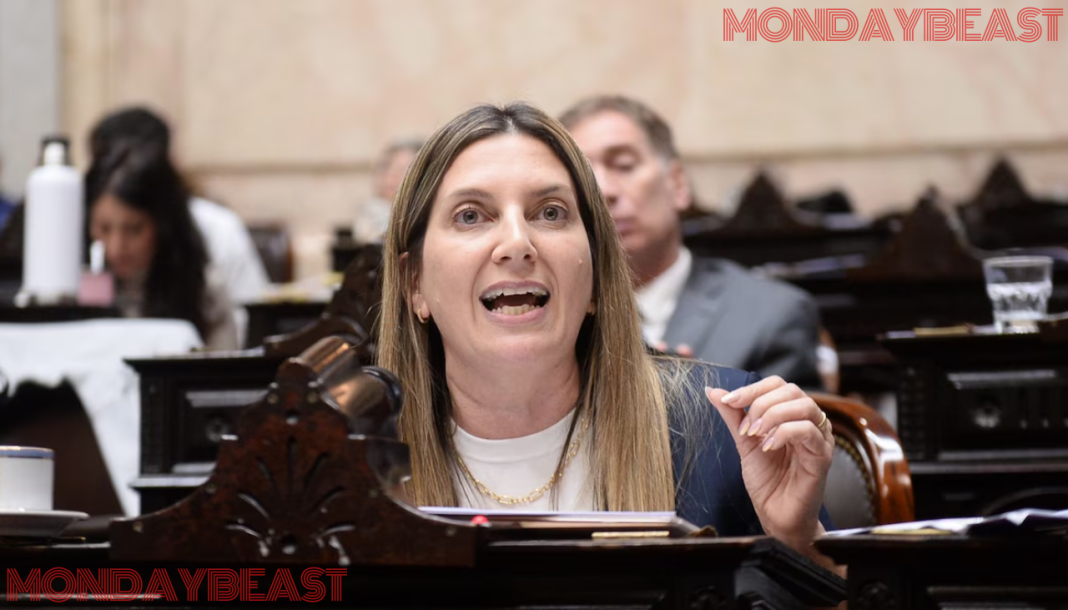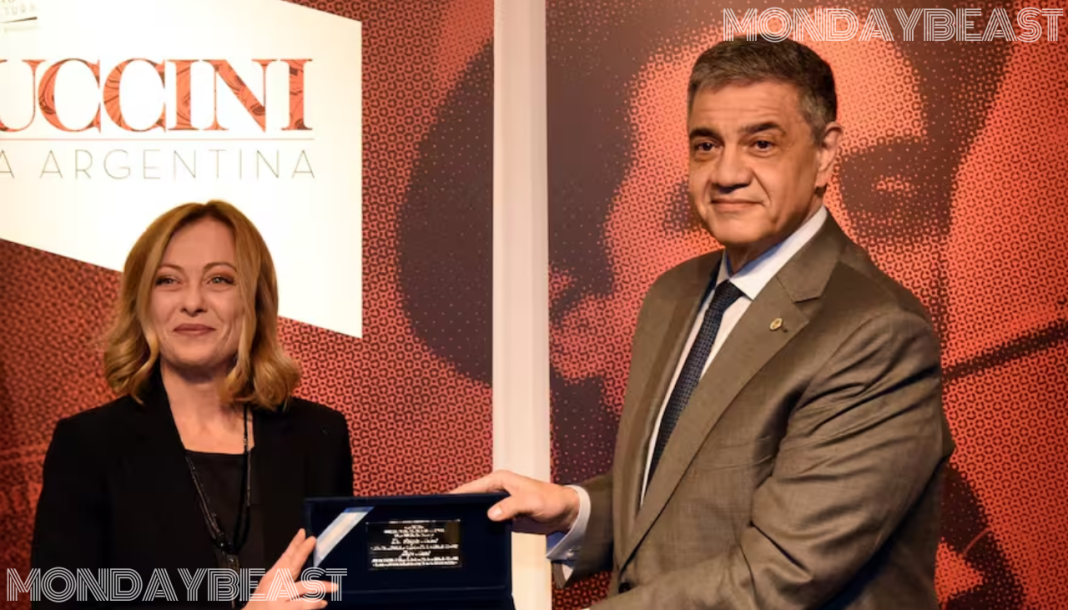The failure of the special session to discuss ‘Ficha Limpia’ has stirred up tensions in Argentina’s political landscape. Accusations have erupted among various parties. At the heart of this conflict lies a fundamental question: who is truly responsible for the lack of quorum?
When the clock ticked towards noon on Wednesday, hopes were high in the Chamber of Deputies. The proposed law aimed to disqualify corrupt politicians from running for office. Yet, just over thirty minutes in, the session came crashing down with only 128 legislators present.
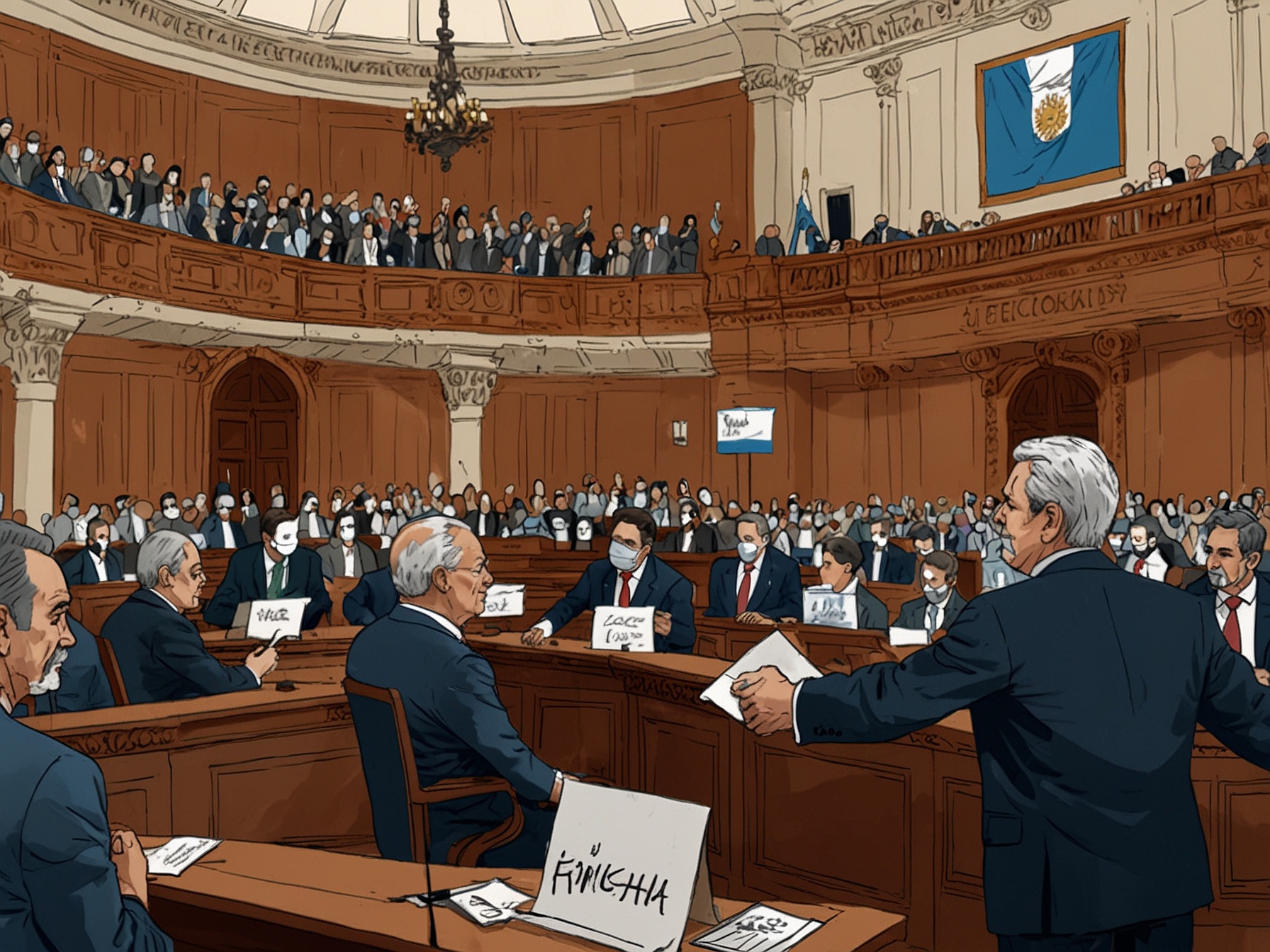
Amidst widespread frustration, the finger-pointing began almost immediately. Martín Menem, the President of the Chamber, faced immense pressure. His decision not to grant a 15-minute extension led to an uproar.
Supporters of ‘Ficha Limpia’ quickly expressed their anger, blaming rival parties for this setback. The absence of 99 representatives from Unión por la Patria and the Left Front was predictable. But questions lingered about the missing members from PRO and Radicalism.
This highlighted a deeper issue of accountability within political factions, igniting a war of words that echoed throughout the hallways of Congress. PRO quickly shifted blame onto Marcela Coli from Democracia para Siempre. They claimed she stood up as Esteban Paulón arrived, someone whose presence could have nudged the session forward.
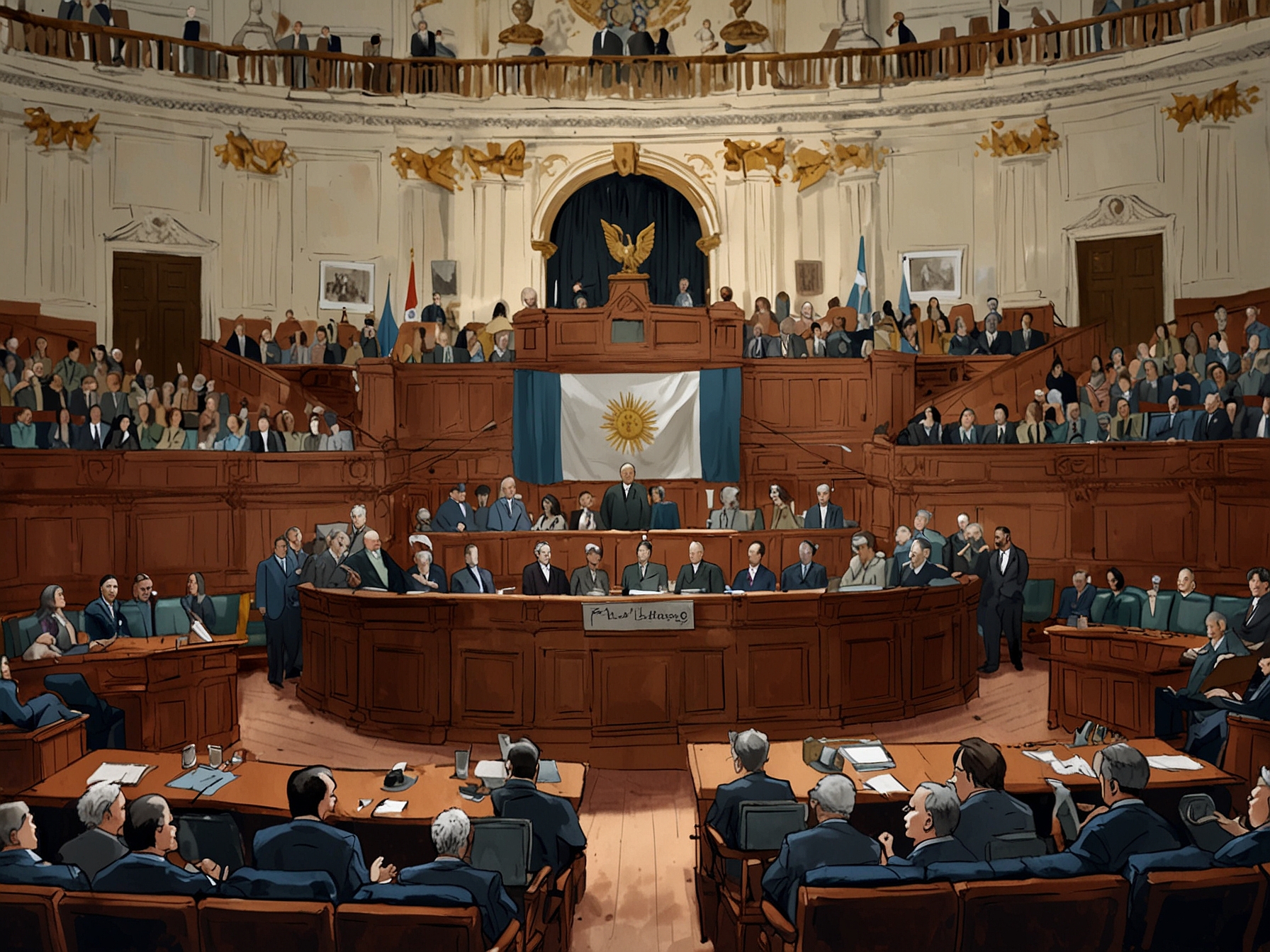
Tweets erupted in response. Fernando Iglesias took to the platform, critiquing Coli’s timing and accusing her of contributing to the failed session. His sharp tone reflected a sense of urgency among PRO members who felt thwarted.
Coli struck back. She argued that when she left her seat, the session was already lost. “We were committed to creating quorum,” she tweeted.
This back-and-forth highlights a compelling reality: even amidst an apparent crisis, there are personal motives intertwined in political maneuvers. Rodrigo de Loredo did not hold back, placing the blame on two absent UCR deputies. His words aimed not just at individual accountability but at a larger pattern of inconsistency among political representatives.
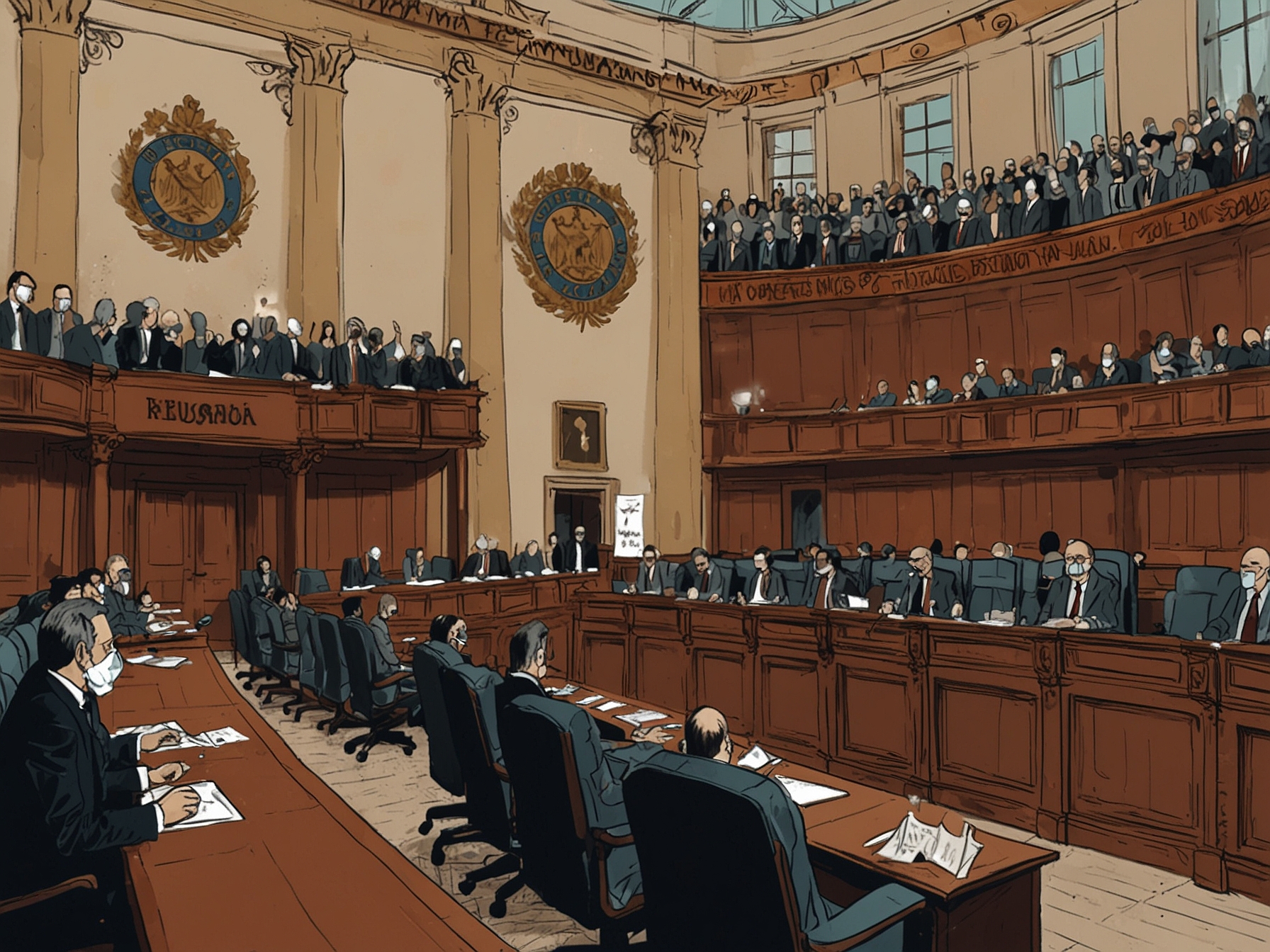
He noted this was not the first time absence jeopardized crucial discussions. In contrast, Margarita Stolbizer pointed her accusatory finger at the ruling alliance. She suggested that Javier Milei orchestrated a situation that allowed this failure.
“La Libertad Avanza only showed up to save face,” she argued, tapping into a narrative of distrust surrounding the ruling party’s integrity. Dina Rezinovsky directed her criticism toward the Kirchnerists.
She asserted that the absence of their members reflected a careless attitude toward anti-corruption measures. Did their absence demonstrate a real aversion to tackling corruption? Her peer, Damián Arabia, echoed her sentiments, expressing pure frustration.
“The devil’s in the details,” he tweeted. The emotional weight behind these words illustrated the deep-rooted convictions behind their fight for a cleaner political landscape. Their persistence to reassemble next week spoke volumes about their dedication.
In a twist, Alejandro Finocchiaro’s absent presence was due to a sudden health issue. His statement regarding a vasovagal syncope raised eyebrows. Was this mere coincidence or did it suggest deeper fatigue among legislators?
The session’s collapse illustrates the fragile nature of political alliances in Argentina. Amid fierce rivalries, can they find common ground to tackle corruption? As discussions of Ficha Limpia resume next week, the stakes are undeniably high.
This political chess game not only reflects the complexities of governance but also the emotional undertones among those who shape laws. The need for transparency in governance has never felt more urgent.
With accusations flying and integrity on the line, what will be the next chapter in this unfolding saga? The eyes of the public, once again, turn toward the chambers where decisions shape the future of democracy. Will they rise to the occasion? Or continue the blame game?

